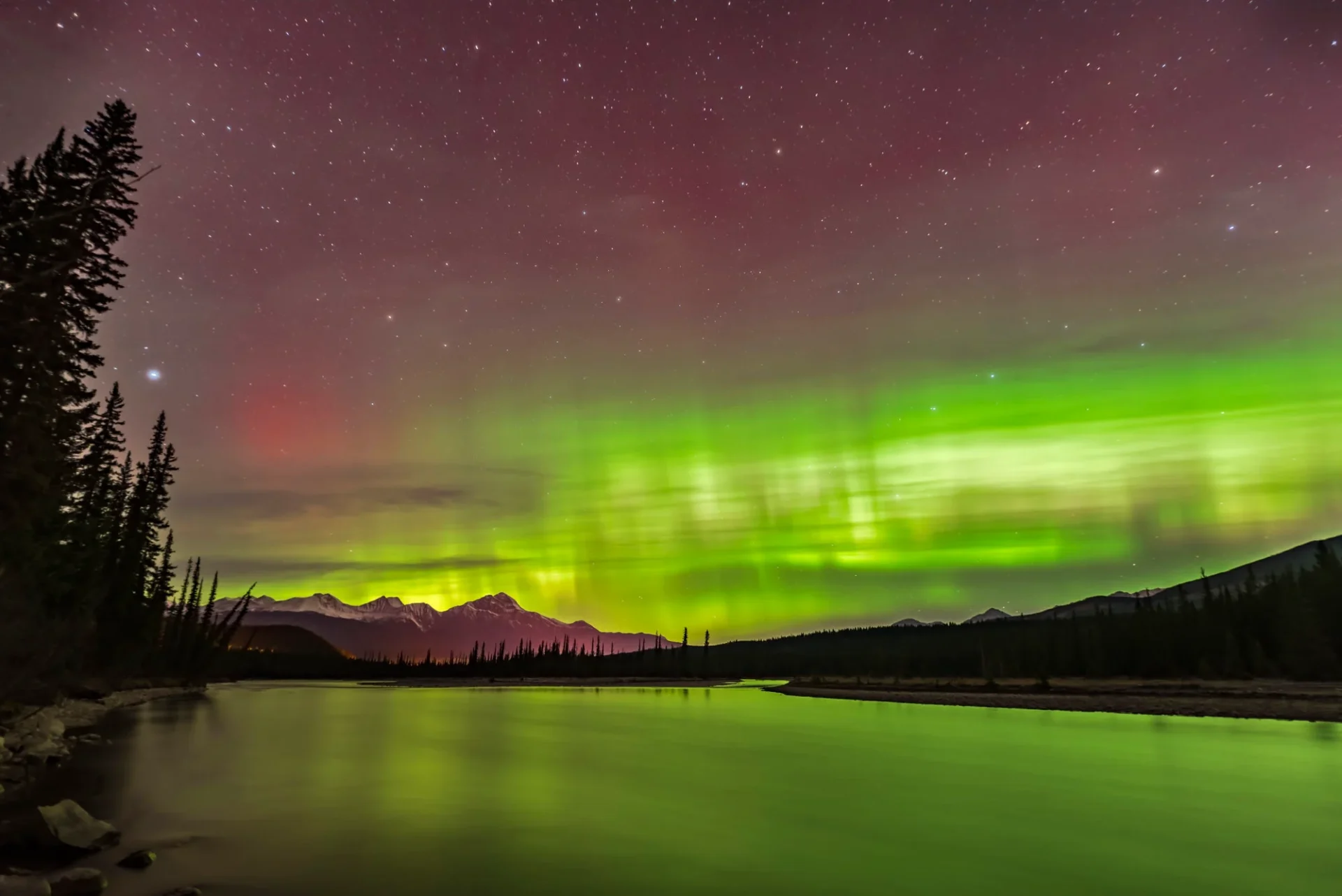The profound darkness that embraces the Scottish archipelago of Orkney during nighttime unveils a sky filled with stars, a sight that Cheryl Chapman, development manager at VisitScotland, describes as an experience of magnificent wonder. The sparse population of these islands results in reduced light pollution, offering awe-inspiring views of the cosmos.
This awe-inspiring sight is becoming rarer, however, as research suggests a yearly sky brightness increase of around 10%. In less than two decades, it is estimated that places currently allowing views of 250 brighter stars will only reveal around 100. Urbanized societies rarely experience such dark skies unless they travel to remote locations. However, the recent increase in astrotourism is changing this scenario.
Astrotourism differs from space tourism pursued by billionaires such as Elon Musk and Jeff Bezos. Instead, it refers to international travel to remote locations offering clear, starlit skies, offering a view of the cosmos in all its splendor. These “dark skies” are not merely devoid of natural light but also free from the glow of human habitation, creating vivid cosmic vistas navigable by starlight alone.
One such place is North Ronaldsay, the northernmost of the Orkney Islands, recently certified as an International Dark Sky Community by the International Dark-Sky Association. Besides its official blackened nighttime allure, the island attracts tourists with its Iron Age sites, the UK’s tallest land-based lighthouse, and a unique breed of seaweed-eating sheep. The island’s new status as a dark sky destination aims to extend its tourism season into winter, catering to the demand of high-spending tourists seeking slow, sustainable, and unique travel experiences.
Astrotourism is not limited to stargazing. Mike Gere, owner-operator of Jasper Photo Tours in Alberta, Canada, offers photography tours in Jasper National Park, the second largest dark sky preserve globally. Gere believes that technology advancements in forecasting weather and auroras have fueled the increasing interest in dark skies. Offering tours in different conditions and knowledge of various sky navigation and photography apps, Gere ensures tourists have a memorable night sky experience, complete with potential wildlife encounters.
As the interest in stargazing surges, locations like Orkney and Jasper are capitalizing on the opportunity, offering unique travel experiences while fostering an appreciation for the beauty of unpolluted night skies. With astrotourism on the rise, it appears the travel industry is indeed looking towards the stars.
READ MORE:
